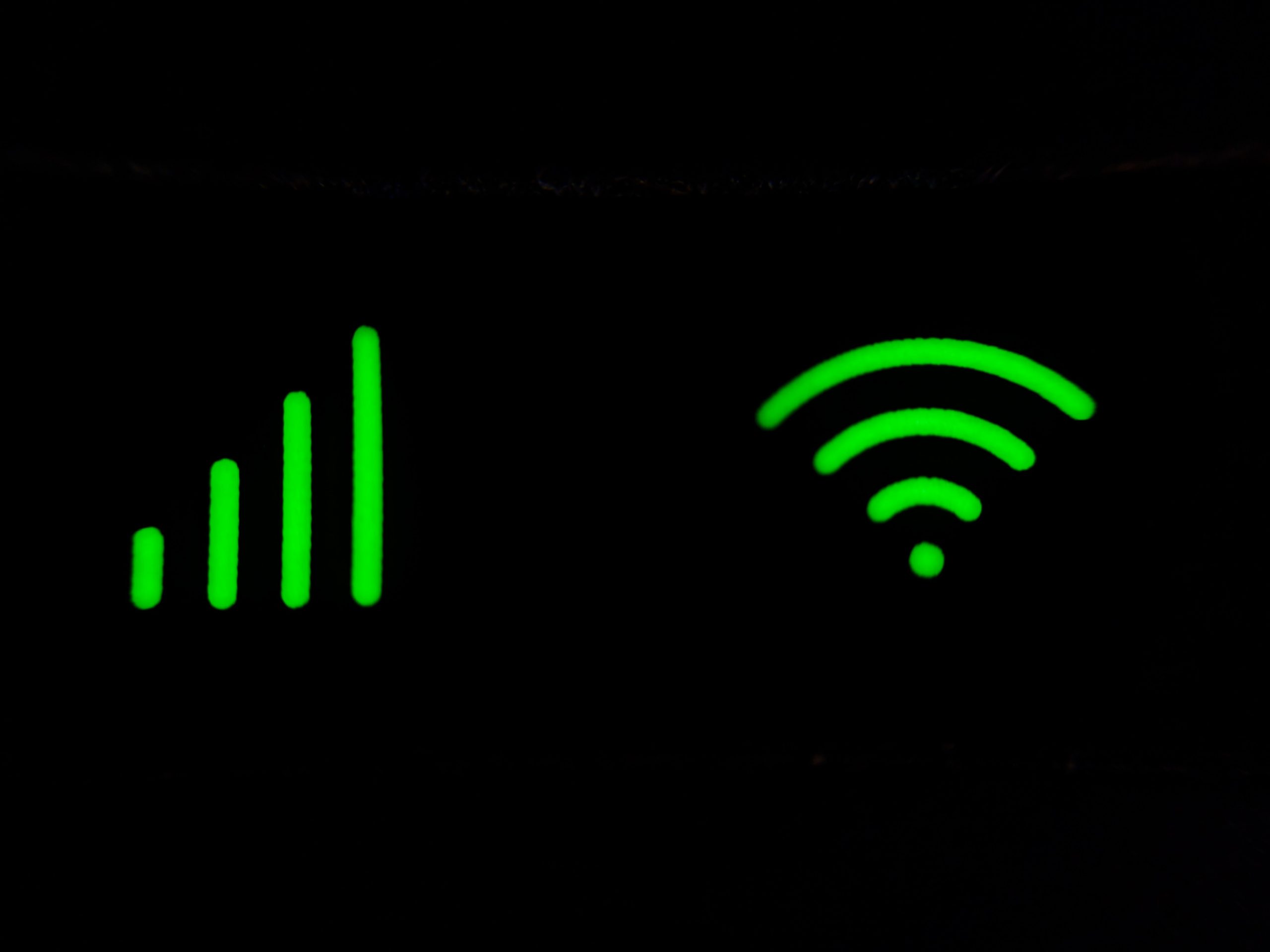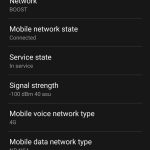Are you having issues with your internet connection at the moment?
If your broadband is constantly dropping out, there are a few different reasons that this could be happening.
In this guide, we’ve explained some common reasons why your broadband isn’t working, and for each issue, we’ve explained what you can do to solve the problem.
1. Your Wi-Fi signal isn’t strong enough
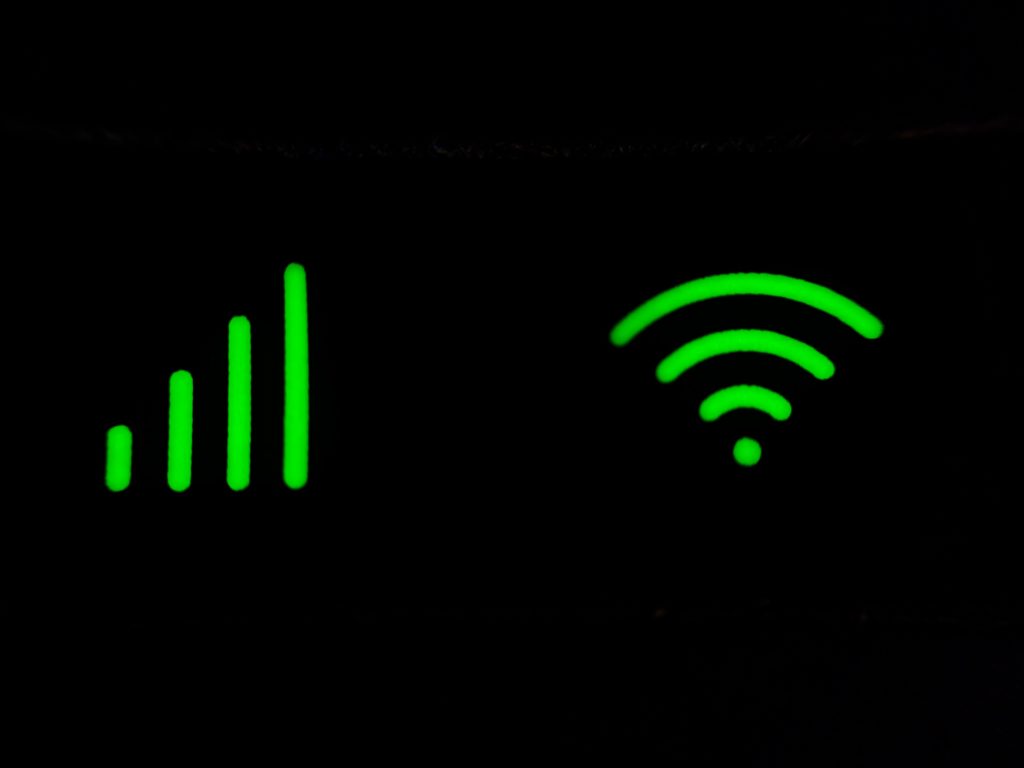
If your internet is often dropping out when connected to Wi-Fi, it could be that your signal isn’t strong enough.
This is most likely to be the problem if:
- You have a very old Wi-Fi router, with poor quality signal.
- You have a large house, and often experience connection issues when far away from the router.
- Whether you have a large house or not, you experience connection issues in certain places around your home. It could be that certain walls or other objects are blocking your Wi-Fi signal.
Solution: upgrade your Wi-Fi connectivity
If your router is a bit old, and doesn’t support dual-band Wi-Fi over the 2.4Ghz and 5.0Ghz frequencies, we’d recommend upgrading to a newer model that’s Wi-Fi 6 compatible.
On the other hand, if you have a new router, it might be worth installing a mesh Wi-Fi system. This involves using signal boosters throughout the house to ensure that you don’t have any dead spots, or areas with weak Wi-Fi signal.
2. Your router needs restarting
Sometimes, your router’s performance might suffer because its short-term memory (also known as its cache) is full. This can result in the occasional signal dropout.
Also, your router can sometimes run into IP address conflicts, when two or more devices on the network are assigned the same IP address, which can cause connection issues.
Solution: power cycle your router
Just like your computer, you can often fix router issues by turning it off and on again.
To do this, unplug your router, leave it for at least 10 seconds, and plug it back in again. Wait for it to turn back on, and try to connect to Wi-Fi.
By doing this, you’ll clear the router’s cache and allow it to begin working as normal.
3. Your internet speeds aren’t fast enough
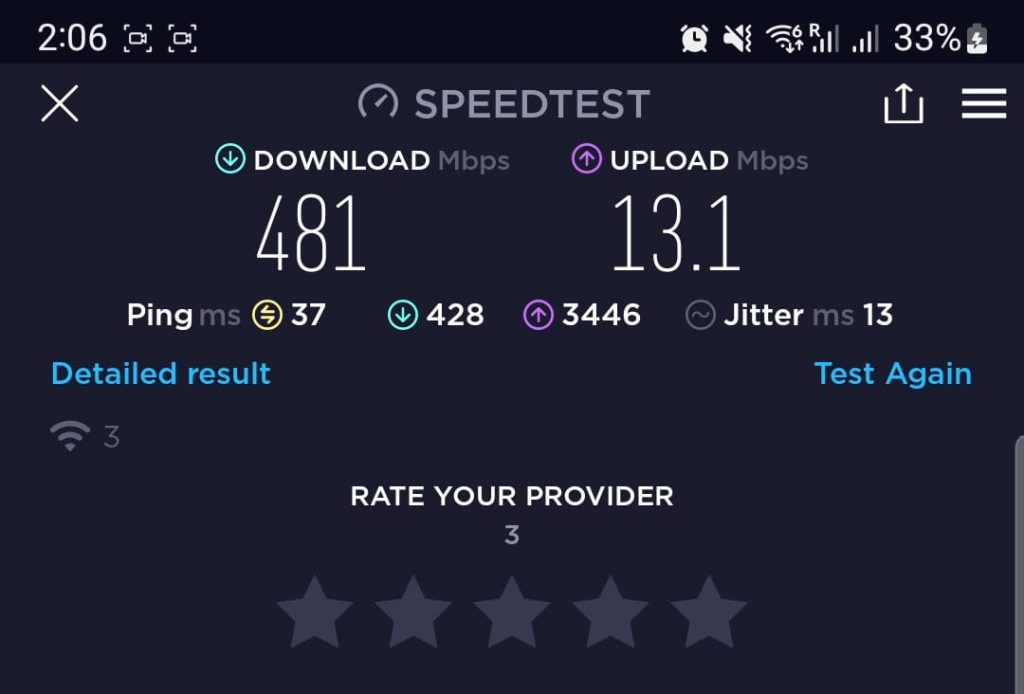
If you often experience slow download and upload speeds, as well as the occasional dropout, this could be because your broadband connection is overloaded, given the amount of bandwidth you have.
You can think of your internet connection like a tunnel. The wider the tunnel, the more cars, or internet traffic, can pass through at any one time. But if the tunnel is narrow, and too many cars drive through at the same time, this will cause a traffic jam.
If you only have a 30-50 Mbit/s internet connection for example, and three people try to stream 4K video at once, which uses 25 Mbit/s, the connection will be overloaded.
Solution: upgrade your internet connection
The only way to overcome this issue is to get faster broadband speeds. You might like to upgrade to a 100-200 Mbit/s connection if you can, especially if it’s common for multiple people to get online at the same time.
If you can’t get fast fibre broadband at your address, you might like to consider using 5G mobile broadband instead to get faster download speeds.
4. You’re experiencing network congestion
In some places, the broadband network isn’t always capable of meeting everyone’s needs, especially when your neighbourhood begins to demand high amounts of data at once. This is known as network congestion.
Normally, what happens is lots of people get online in the evening, and begin watching TV, or doing other data-intensive activities.
If the local broadband network doesn’t have enough bandwidth, all of this extra traffic will overload the network, causing some people’s speeds to slow down, and potentially causing your connection to drop out temporarily.
Solution: switch to a different broadband network
Unfortunately, as an individual user, there is not much you can do about network congestion – the amount of bandwidth on the network, and the amount of data other people use, is out of your control.
The best thing to do in this situation is complain to your provider, and if that doesn’t work, switch to a different broadband network.
If there is only one fibre broadband network available at your address, you might like to switch to 4G or 5G broadband instead, in order to avoid network congestion issues.
5. You’re experiencing electrical interference
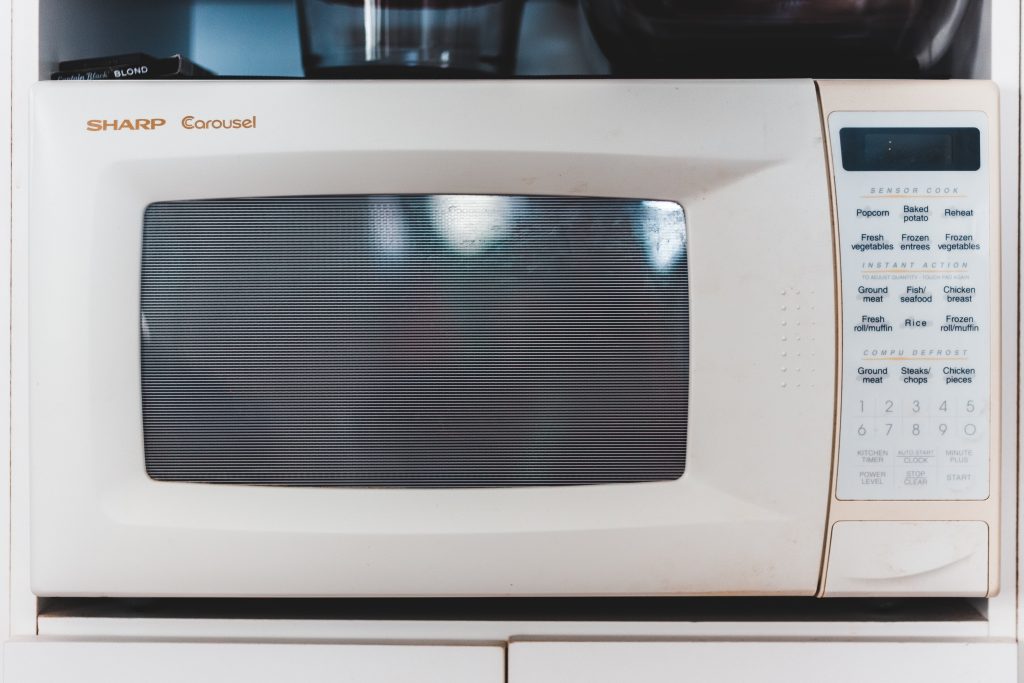
Many people don’t know this, but your Wi-Fi signal can experience interference from other electronic devices at home, such as microwave ovens, and baby monitors.
If your Wi-Fi router is near another device that emits radio waves, it could be that this is why your Wi-Fi drops out sometimes.
Solution: move your Wi-Fi router
The best way to overcome Wi-Fi signal interference is to move your router somewhere else, away from the devices that are interfering with its signal.
Ideally, it’s good to have your router in a central location in your house, preferably somewhere elevated.
If moving your router isn’t possible, try to move the devices that are causing the interference away from it.
If this is also not possible, you might be able to overcome the problem with Wi-Fi signal boosters, or by using a more powerful Wi-Fi router.
6. Your VPN is interfering with your connection
For people that use a VPN all the time, this could also be the cause of your internet connection issues.
While they may offer better privacy in some cases, and can help you access content only available in other countries, VPNs can make internet connection dropouts much more common.
Solution: test a different VPN
As a first step, we recommend turning off the VPN if you can, and seeing if the VPN issues persist over time.
If this fixes the issue, and you need to continue using a VPN, it’s worth switching to a different provider, or a different way of connecting to the VPN.
For example, it’s possible to set up some VPNs on your router itself, rather than connecting on your PC, which might help to overcome the issues you’re experiencing.
7. Your internet service provider is having issues
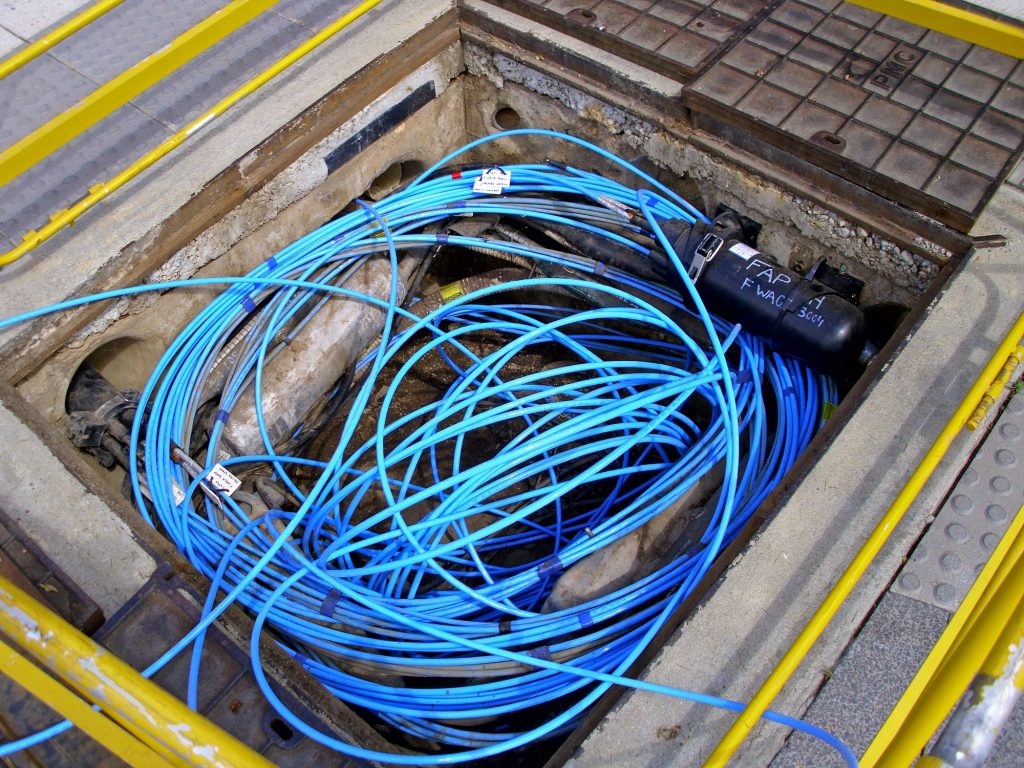
If your internet has dropped out completely, and nothing you try fixes the issue, it could be that your broadband is down, because your provider is having problems at the moment.
To see if this is the issue, you can search for customer complaints with the internet service provider you’re using, or take advantage of websites like downdetector.com, to see if other people are having similar problems.
Solution: contact your broadband provider
If your broadband service is down, you should contact your provider and get them to commit to fixing the issue.
Depending on the country you live in, and the provider you use, your ISP might be willing to take special measures to keep you connected.
If you need to be online because you work from home for example, your provider might send you a 4G dongle to get online with, if the issue won’t be fixed quickly.
However, some providers are much less helpful – they might not even be able to tell you when the issue will be fixed. You’re more likely to get a helpful response in countries with strong consumer protection laws, such as Sweden and Denmark.

Hi, I’m Florian, and I’m a writer and web developer for Broadband 4 Europe (I built the website you’re reading this on!).
I have travelled around Europe and further abroad for most of the last decade, which has given me a bit of first-hand experience with broadband providers in different EU countries. If my rental’s Wi-Fi is no good, I always investigate the problem and see what provider is being used.
Since having good internet speeds is essential for my line of work, I’ve done quite a bit of research into how broadband markets function, how to troubleshoot connection issues, and what consumers need to be aware of when choosing an internet service provider.
When I’m not writing or working, you’ll find me playing Chess or Scrabble.

